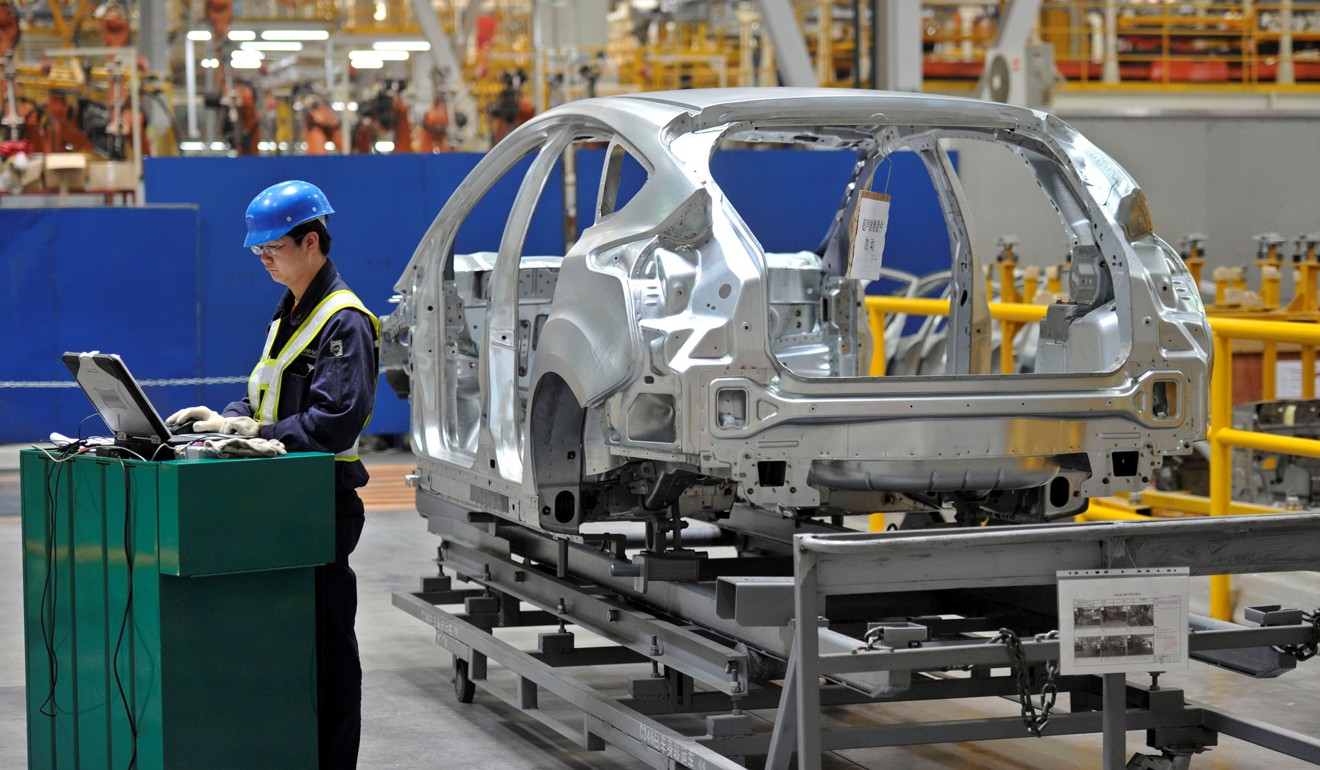
Why China is too important a market for foreign companies to exit, especially as Chinese innovation takes off
- Edward Tse says multinational companies are realising that they cannot ignore Chinese innovation and must embrace China-specific strategies
- As China’s auto industry opens up, for example, new forms of partnerships among foreign, local, state-owned and private companies are being formed
Over its 40 years of reform, China has been gradually opening up, sector by sector, to non-state and in particular, foreign companies. Many sectors are already open to foreign participation, including consumer goods, retail, automotive parts and appliances.
For many foreign multinational corporations, including American companies, the China market has become so important that an exit is almost not an option. Take the auto market as an example. Though China recorded the sharpest sales decline in car sales in September since 2011, the country remains the world’s largest market. For most major international carmakers, it is a must-win market. China is also of strategic importance to the likes of Apple, Starbucks, Nike, Adidas, L’Oreal, Johnson & Johnson, and many other global companies.
While US politicians and lobbyists are pressuring China for “reciprocity” – that is, more market access – they and many foreign companies have missed China’s waves of business innovation, probably the country’s most important development in the past decade. This innovation, often led by Chinese entrepreneurs, is creating new paradigms across the board. Terminologies such as “automobility”, “new retail”, “OMO” (online merged with offline), “smart homes” and “big health” signify how industries are being reshaped.
Global carmakers have found that, to participate in this new paradigm, they need to build competitive advantages specific to China and embrace innovations in China for China.
Thus paradoxically, as the auto market opens up – and therefore “reciprocity” is in theory achieved – foreign carmakers are not shedding local partners to form wholly owned operations. Instead, new forms of partnerships among foreign, local, state-owned and privately-owned companies are being formed.

Today, most have come to realise the power of the innovations by the Chinese players, as well as the growing importance of China’s market
Innovation, not reciprocity, is the real game changer. In the past, foreign multinational companies have either dismissed or ignored Chinese innovations due to a combination of a lack of awareness and disbelief. Today, most have come to realise the power of the innovations by the Chinese players, as well as the growing importance of China’s market despite the trade war with the US.
As new technologies such as artificial intelligence, the internet-of-things, 5G and blockchain emerge, old knowledge from the past and from the West will no longer be enough. Global CEOs need to develop a “new game” strategy to win, or just to survive, under a drastically different set of conditions. Those who get it will be able to reap major benefits and build a strong position not only in China but for the world. Those who don’t will be marginalised over time.
Edward Tse is founder & CEO of Gao Feng Advisory Company, a global strategy and management consulting firm with roots in greater China. He is also author of China’s Disrupters

